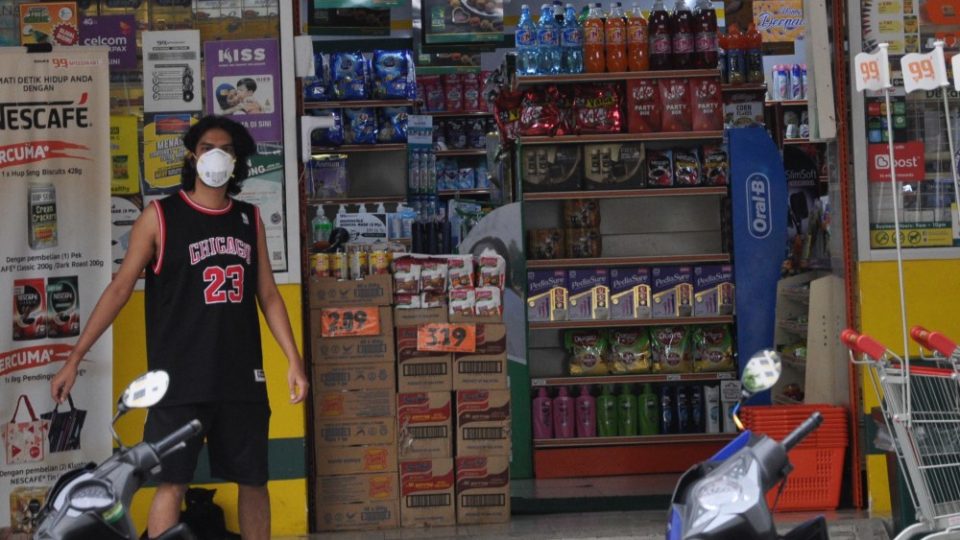Malaysia has been under four types of lockdowns since the COVID-19 outbreak began in March, and most states are still going through one of them. These differing measures have a bureaucratic name – “movement control orders” – and come in four flavors linked to their varying strictness and limitations.
Updated lockdown measures for all states and areas affected are usually announced on live television by Senior Minister Ismail Sabri Yaakob, a day or two before they begin. Coconuts KL has broken down the different types here for easy-peasy reference.
Enhanced Movement Control-Order, EMCO
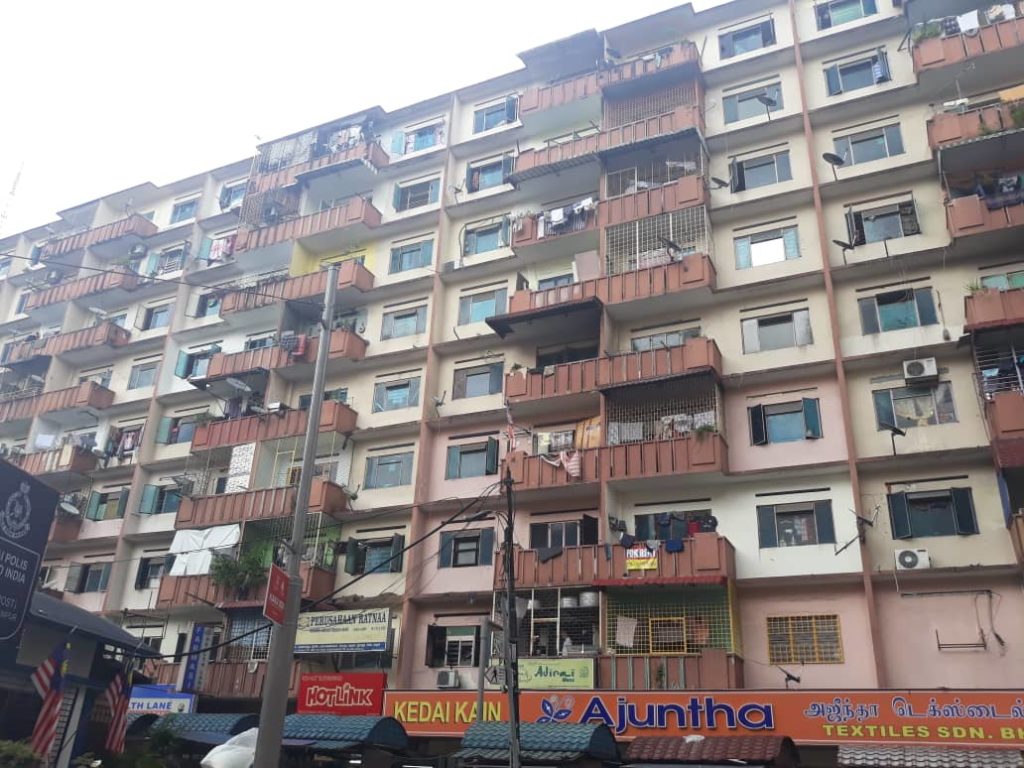
This is, frankly, the worst. The Enhanced Movement Control-Order, or EMCO, puts the lock in lockdown. The strictest of all orders, it is usually applied to housing areas where COVID-19 clusters have been identified, like the once-bustling Masjid India Road, where the EMCO hammer fell April 7 and remind in place until May 4. Months later, vendors in KL’s now-quiet Little India neighborhood are still feeling its pain with reduced foot traffic to the area.
Medical bases are set up for residents displaying symptoms to undergo swab tests and await results. Essentials like food, drinking water and sanitary products are provided by the government.
EMCO Don’ts:
People are not allowed to travel in and out their housing areas, which will be guarded by armed security forces, and visitors forbidden. All businesses will be closed.
EMCO Dos:
There isn’t much you can do in the EMCO besides stay home and wait it out, but medical workers are allowed to leave the premises for work.
Movement Control-Order, MCO
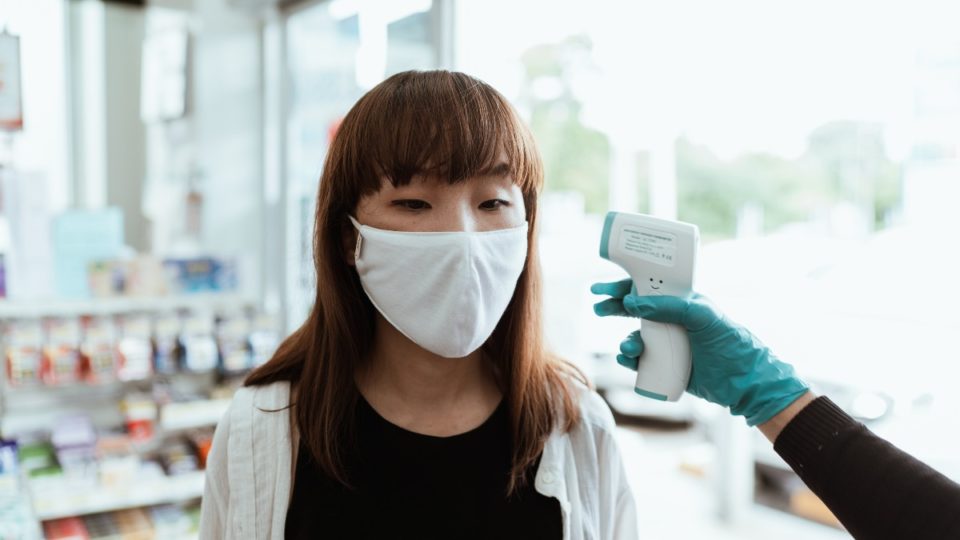
Malaysia’s nationwide lockdown imposed on March 18 was called the Movement Control-Order, or MCO. The nationwide MCO lasted until May 3 before it was replaced by the CMCO (Seeing the acronym pattern here?).
MCO Don’ts:
Although the MCO isn’t as strict as the EMCO, people are not allowed to travel further than 10 kilometers from home, and only one family member is allowed to go out for provisions like groceries.
MCO Dos:
Medical centers and postal services are among the few categories of essential businesses allowed to operate. Restaurants, eateries cannot have customers dining in and must rely on delivery or takeaway instead.
Conditional Movement Control-Order, CMCO
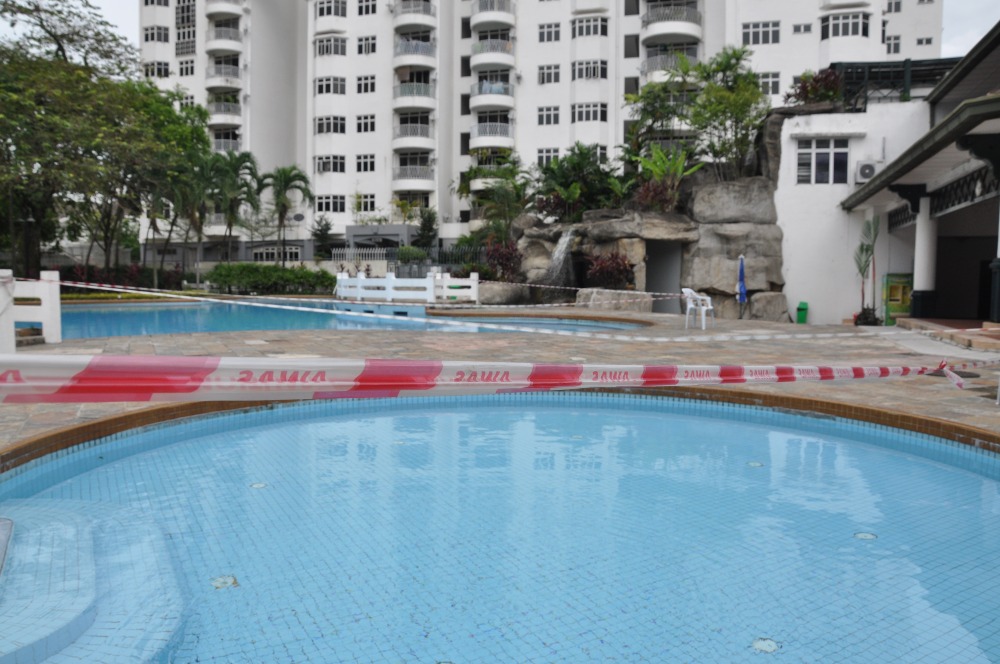
Most of Malaysia except the states of Kelantan, Pahang, Perlis are currently under the Conditional Movement Control-Order, or CMCO until at least Dec. 6, if not longer.
CMCO Don’ts:
No interstate or inter-district travel without a permit from the police. All tourism activities banned. Contact sports and swimming prohibited. Mass gatherings like weddings and religious affairs also prohibited. Schools and kindergartens closed until the end of the year.
CMCO Dos:
During the CMCO, businesses are allowed to operate with limited hours, usually from 10am to 10pm. Food delivery and dining in is allowed but limited to two to four patrons per table. Only two people per household are allowed to leave at a time. 10% of the workforce may return to the office for a few hours a week.
Recovery Movement Control-Order, RMCO
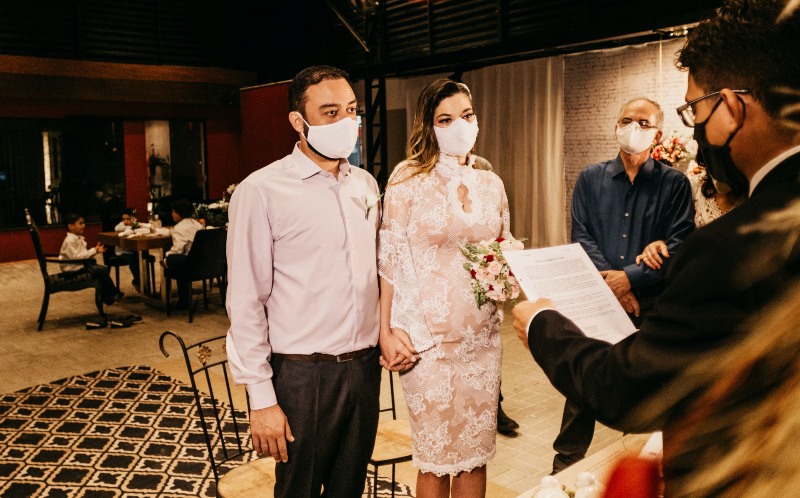
The RMCO seemed to be the least strict in Malaysia’s lockdown hierarchy when it hit from June to August as virus cases fell to nearly single-digit levels daily.
RMCO Don’ts:
Nightlife activities such as clubbing and concerts are banned. Malaysians are also not allowed to leave the country without applying for a permit from the Immigration Department.
RMCO Dos:
RMCO saw the resurgence of family entertainment outlets including arcades, cinemas, and karaoke venues as they were allowed to operate again. Malaysian couples could again tie the knot at ceremonies with fewer than 200 people at a time, and interstate travel resumed. Employees were allowed to go back to work in full swing, while students were allowed back in schools for lessons.
Other stories to check out:
Streets are quiet again in dreary KL as Malaysia’s lockdown drags on
